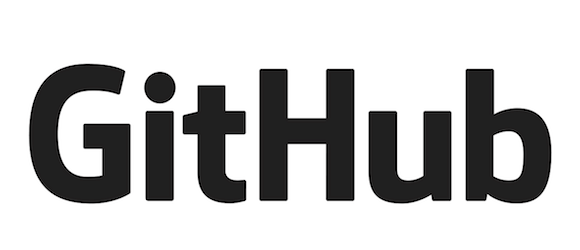With the recent outpouring of stories about harassment and discrimination within Silicon Valley, it seems more and more evident that tech companies are more concerned about the appearance of inclusivity than actual change. While it’s unsurprising to see another story about a big company mistreating employees who are members of marginalized communities, it’s nonetheless incredibly frustrating to see how blatantly the industry favors the status quo.
I’m sure there are many pieces out there that I could be alluding to currently, but the one I’m referencing is “Antisocial Coding: My Year At Github.” The author, Coraline Ada Ehmke is a trans woman and a co-founder of LGBTech we’ve written about before, when discussing the treatment of trans employees in STEM. In this piece, Ehmke writes about joining Github’s Community & Safety team, which aimed to make the site “more safe for marginalized people and creating features for project owners to better manage their communities.”
Ehmke, who has 20 years of experiencing apps for the web, was no stranger to Github’s history of mistreating employees or the harassment that users often dealt with on their profiles. However, she was persuaded by the potential change she could make. “Given my work in trying to make open source more inclusive and welcoming,” she writes, “what could give me more influence in creating better communities than working at the very center of the open source universe?”
Despite a promising start, unfortunately, the hopeful tone quickly disappears and Ehmke goes into detail about intense scrutiny from her colleagues and what can only be described as incredibly dismissive attitudes. In one instance, a post she wrote for a new feature combatting abuse is referred to as “too personal” and rewritten/published without her input. In another moment, she’s chided for her “non-empathetic communication style” when straightforwardly pointing out that a survey listed “transgender” as a gender.
These incidents end in her annual review, which both “shocked and upset” Ehmke in a situation where “the facts didn’t seem to matter.” Combined with “devastating personal news” that caused Ehmke to go to the emergency room, it become abundantly clear that the lack of empathy was not on Ehmke’s shoulders.
She concludes:
“GitHub has made some very public commitments to turning its culture around, but I feel now that these statements are just PR. I am increasingly of the opinion that in hiring me and other prominent activists, they were attempting to use our names and reputations to convince the world that they took diversity, inclusivity, and social justice issues seriously. And I feel naive for having fallen for it.
In the past several months GitHub has fired at least three transgender engineers and many more cisgender women. Prominent people who were trying to effect positive change in the company culture have quit. They canceled a conference when they got called out for having an all-male speaker lineup. In a return to its meritocratic roots, the company has decided to move forward with a merit-based stock option program despite criticism from employees who tried to point out its inherent unfairness. And the widely publicized results of the open source survey show that the company’s platform is still not appealing to anyone but straight white guys.
So yes, in looking back over my year at GitHub I see that there was, in fact, a real problem with empathy.
But that problem wasn’t mine.”
In order to tell this story, one that’s incredibly important to keep companies like GitHub accountable, Ehmke refused a severance offer. I highly recommend reading the entire post over at Ehmke’s site, where she goes into specific details about her contributions to GitHub (which other sites can learn from) and showing her support.
(image: Github)
Want more stories like this? Become a subscriber and support the site!
—The Mary Sue has a strict comment policy that forbids, but is not limited to, personal insults toward anyone, hate speech, and trolling.—









Published: Jul 5, 2017 04:52 pm